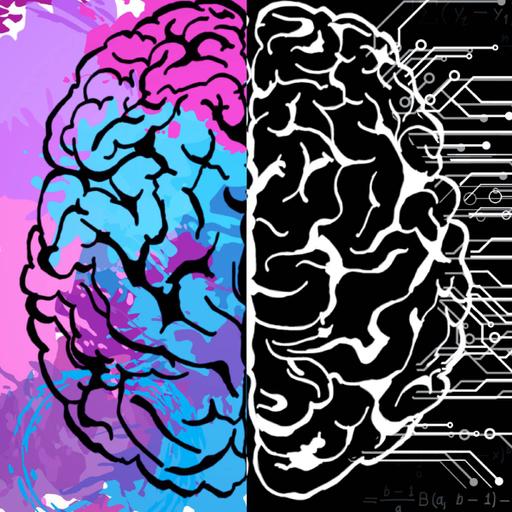Emotional Intelligence
Presentations | English
Emotional intelligence (EI) is most often defined as the ability to perceive, use, understand, manage, and handle emotions. People with high emotional intelligence can recognize their own emotions and those of others, use emotional information to guide thinking and behavior, discern between different feelings and label them appropriately, and adjust emotions to adapt to environments. Although the term first appeared in 1964, it gained popularity in the 1995 best-selling book Emotional Intelligence, written by science journalist Daniel Goleman. Goleman defined EI as the array of skills and characteristics that drive leadership performance. Various models have been developed to measure EI. The trait model, developed by Konstantinos V. Petrides in 2001, focuses on self-reporting of behavioral dispositions and perceived abilities. The ability model, developed by Peter Salovey and John Mayer in 2004, focuses on the individual's ability to process emotional information and use it to navigate the social environment. Goleman's original model may now be considered a mixed model that combines what has since been modeled separately as ability EI and trait EI. More recent research has focused on emotion recognition, which refers to the attribution of emotional states based on observations of visual and auditory nonverbal cues. In addition, neurological studies have sought to characterize the neural mechanisms of emotional intelligence. Studies have shown that people with high EI have greater mental health, job performance, and leadership skills, although no causal relationships have been shown. EI is typically associated with empathy because it involves an individual connecting their personal experiences with those of others. Since its popularization in recent decades, methods of developing EI have become widely sought by individuals seeking to become more effective leaders.

Free
PPTX (25 Slides)
Emotional Intelligence
Presentations | English
